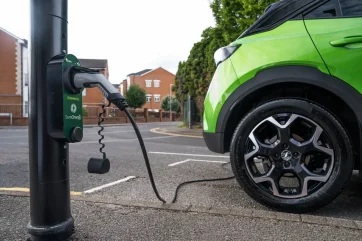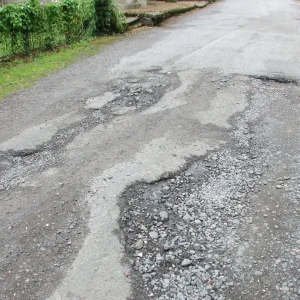
The UK’s EV infrastructure targets are currently too broad, and should be based on more detailed metrics.
That’s according to Vauxhall and sustainable transport organisation Cenex, which have partnered to assess the metrics commonly used to track the UK’s electrification progress, such as the number of public chargers and the number of EVs per charger.
They have concluded, in a new report, that three new metrics are needed – near home charging, destination charging, and journey charging.
The near home charging index covers vehicles at or near residences, considering the balance of supply and demand in relation to charger distribution.
The journey charging index considers dedicated locations for high-powered EV charging, using data about the demand for charging alongside data about the supply and capacity of charging facilities.
The destination charging ratio cover business or leisure destinations where charging is also available, considering visitor need, usage of parking bays, the proportion of long-stay versus short-stay visitors and the proportion of EVs at a given point in time.
Applying these metrics produces findings such as 19% of households who need them being close to a public charger, and the supply of journey charging actually being ahead of demand.
The report has been published online with an interactive dashboard.
Vauxhall managing director James Taylor said: “Effectively tracking the progress we are making towards a practical future for electric vehicles is key to determining how far we have come, and in identifying what steps we need to take next to ensure that progress continues at pace.
“Partnering with Cenex to produce this report has been valuable in demonstrating how much needs to be done to improve the current metrics we use, to more accurately reflect the true progress being made and that still needs to be made throughout the country.
“This data highlights how broad the UK’s current target of 300,000 public chargepoints by 2030 is and how useful a more nuanced and detailed picture is.”
Cenex head of policy, strategy and implementation Chris Rimmer said: “A key finding from the research is that metrics must be relevant, actionable, scalable and measurable.
“Applying this to the three ways chargepoints are used allows us to assess whether we are getting the right chargepoints of the right power into the right places.
“We are grateful to have worked with Vauxhall to publish this data to help deliver cleaner and greener transport in the most sustainable, effective and efficient manner.”





